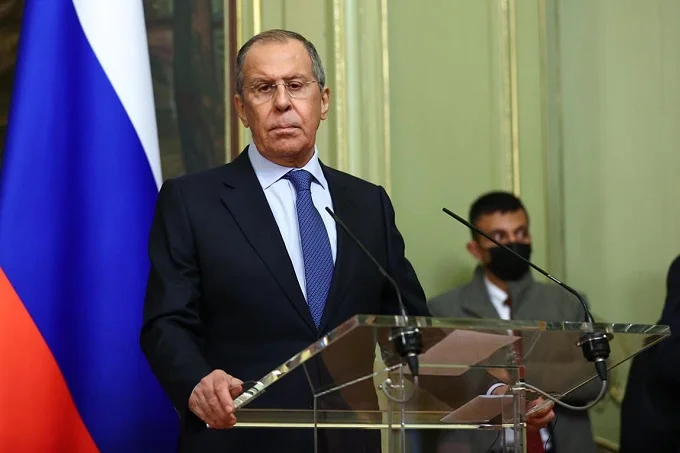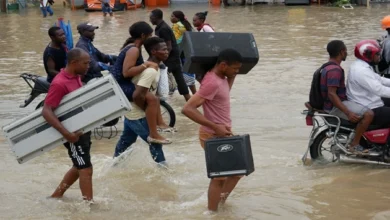Moscow criticizes Europeans’ ‘medieval’ approach to Africa

The Russian Foreign Minister reacted to accusations of Moscow’s cooperation with certain African nations. He was referring to a kind of European hypocrisy.
Moscow does not seem to have taken the European concerns seriously, encouraging Russia not to work with Africa, a continent that is ostensibly beyond its sphere of influence. On October 8, Russian Foreign Minister Sergei Lavrov characterized as “medieval” the desire for distance to be a barrier to inter-state cooperation.
The Minister of Foreign Affairs also joked about Europe’s hypocrisy in opposing a Russian presence in Africa while forging its own way in other areas of the globe.
“Europe aspires to be the dominant force in Africa, and Russia is not expected to participate. However, the European presence is indispensable in Central Asia, in Transcaucasia, not to mention our neighboring republics. If you act according to the principle ‘You are far away, and this is ours’, it is a return to the Middle Ages,” said the Minister.
Neocolonialism in Mali
Sergey Lavrov was reacting specifically to Josep Borrell, the director of European diplomacy, who said that Moscow did not have to cooperate with Africa, particularly on security issues. During a meeting with his Russian colleague, the European official said that Africa is “our place.”
By the end of September, these remarks had already sparked a backlash. Maria Zakharova, a Russian diplomat’s spokeswoman, viewed it as a relic of a “colonial worldview,” urging Europeans to follow international law, particularly the UN Charter.
These tensions arose mostly as a result of reports of a potential Russian military deployment in Mali. The Reuters news agency reported on a possible deal between Bamako and the Russian private military firm Wagner at the end of September. Paris and Berlin then voiced their dissatisfaction.
Sergey Lavrov eventually admitted that Mali had approached a Russian military company in response to French soldiers’ failure to eliminate the terrorist threat. Following that, the Kremlin emphasized that no member of the Russian military forces was there.
Through the voice of Pascal Ianni, the French army’s spokesperson, on October 7, the French army acknowledged not having identified any presence of the Wagner organization in Mali.




